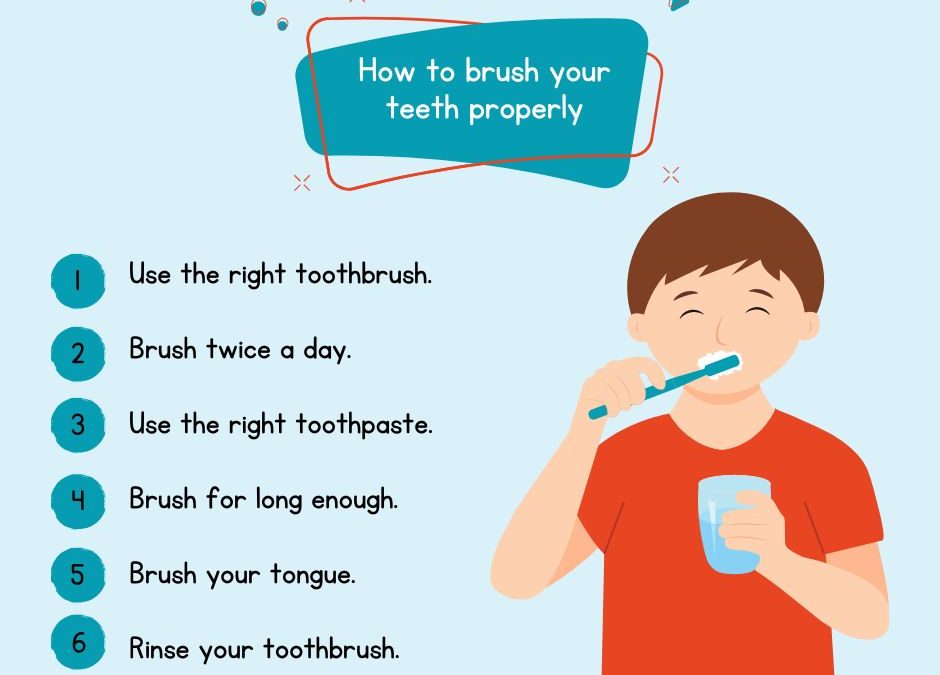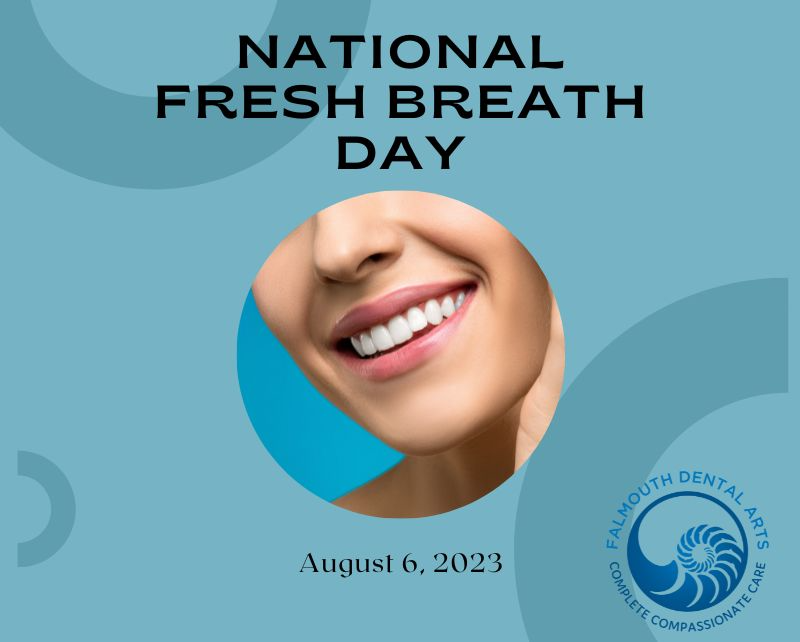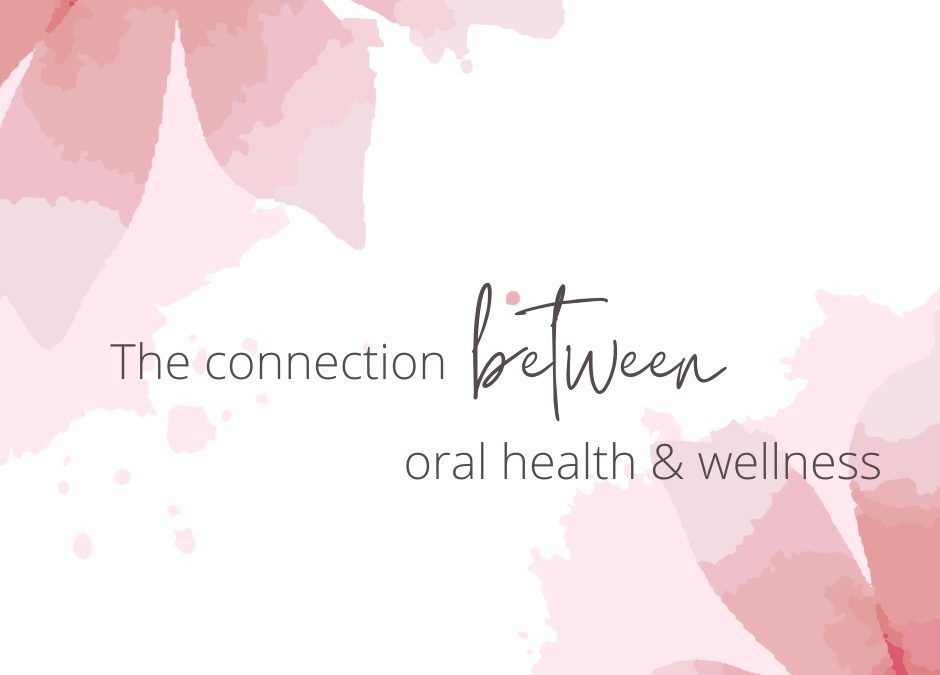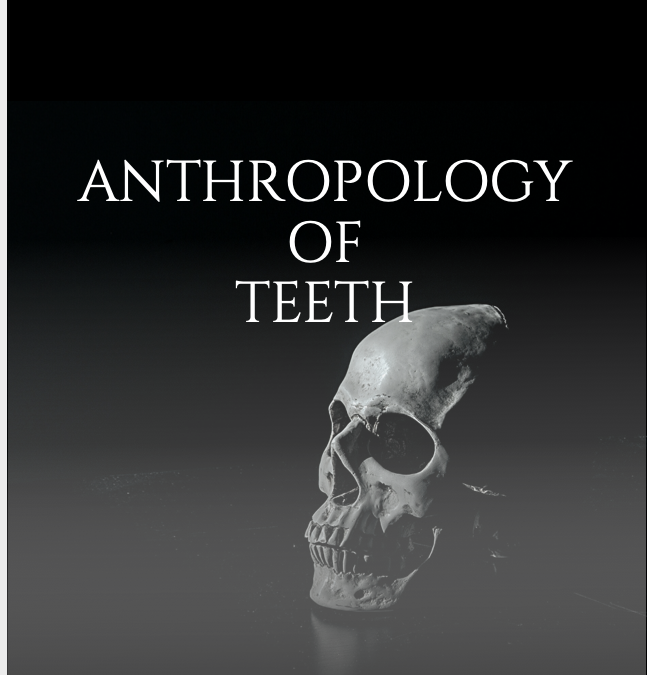
Aug 2, 2023
The keystone to every oral health care routine is brushing your teeth. You brush in the morning and you brush at night, but is there a right way to brush? Ask any of the marvelous hygienists at FDA and they’ll share some of their professional tips for brushing your teeth and call out some mistakes to avoid. If it’s been awhile since you’ve been in for an appointment, we’ve got you covered (but please do come in soon for your check up!). Here are three ways you can boost your brushing!
Use the right kind of brush.
Find a soft-bristled brush with a size and shape that allows you to reach all parts of your mouth easily. We also recommend investing in an electric toothbrush as it truly gives you a superior clean. Remember to replace your toothbrush every three months or when the bristles are frayed.
Use the right technique.
The proper way to brush your teeth is to hold your toothbrush at a 45 degree angle to your gums. Then, gently move your brush over your teeth: make circles and go up and down as you polish all the surfaces of your teeth. Think of it like a massage! You can brush too hard and damage your gums or enamel, so keep your touch light. Don’t forget to brush your tongue (or scrape it) and rinse with water.
Use the right motivation.
There’s a lot going on inside your mouth. Every time you eat or drink, residue is left behind on your teeth and gums. If it’s not brushed or rinsed away, it can turn into a sticky film called plaque. Untreated, plaque hardens into something called calculus that releases bacteria and acids that can turn into cavities and bore into your teeth and cause damage to nerves and bones. Ouch! Poor oral hygiene has also been linked to a whole host of health issues such as cardiovascular disease, diabetes, Alzheimer’s disease, and high blood pressure. Feeling motivated to brush all those potential problems away? Find what helps you pick up that brush two times a day!
Of course brushing is just one part of a proper oral health care routine. Don’t forget to floss daily, eat well, and come in for regular check ups with Dr. Brunacini and Dr. Karagiorgos. If you have any questions, need a brush up on your brushing techniques with our team of hygienists, or need to schedule your next appointment, please give us a call at 207.781.5900. We are your partner in oral health and love to help you have a beautiful and healthy smile!

Aug 1, 2023
Don’t you just love that fresh feeling after you’ve brushed your teeth? August 6th is National Fresh Breath Day and a great time to celebrate the ways that a clean and healthy mouth will give you that fresh breath feeling. However, if you’re experiencing an unpleasant taste in your mouth or worried you have bad breath, you could have an underlying oral health issue. Bad breath, also known as halitosis, can be embarrassing and sometimes cause anxiety. There’s no need to suffer! Below are three causes of bad breath and our recommendations for keeping your breath fresh and your mouth happy this National Fresh Breath Day…and every day!
- Tobacco Products
If you’re still searching for reasons to quit smoking, add bad breath to the list. Beyond the myriad health risks linked to tobacco use, smokers and oral tobacco users are more likely to have gum disease. Gum disease is a leading cause of bad breath, and is linked with other health conditions as well. If you’re looking for resources or help quitting tobacco…please let us know. We are here to help!
- Dry Mouth
Ever wake up with the dreaded “morning breath?” This is often due to dry mouth, which naturally occurs for many people while sleeping. Saliva is so important for your oral health; it helps clean away cavity-causing bacteria as well as odor-causing bacteria. If you have a dry mouth beyond just the morning time, it could be linked with certain medications you are taking or a condition known as xerostomia. Drinking extra water can help flush your mouth of the bad bacteria and keep it fresh. Be sure to also let Dr. Brunacini and Dr. Kargiorgos and your hygienist know about your medications and any health concerns you may have, such as dry mouth. We can work with you so your home oral care routine supports your needs.
- Poor Oral Hygiene
If you’re not brushing and flossing then food, plaque, and bacteria are left to their own devices to wreak havoc on the health of your teeth and gums, AND cause bad breath. Develop a home care routine of brushing twice a day and flossing once a day to take care of your whole mouth and prevent that stinky breath. If bad breath is a concern throughout the day, try brushing after every meal and consider tongue scraping as well. This will help remove extra food particles and bacteria and will help you feel extra fresh! Our team of amazing hygienists are always happy to share tips and techniques for brushing and flossing, so please ask how we can help you stick with an oral hygiene routine that works for you!
This National Fresh Breath Day, give your teeth and gums some extra love so your mouth feels extra healthy and fresh! If you still have concerns about persistent bad breath, talk to us and your doctor. Bad breath can also be linked to other health concerns. Please call us at 207.781.5900 with any questions, concerns, or to schedule your next appointment.

Jul 2, 2023
At FDA, we don’t just see your smile, we see you as a whole person. That’s because when it comes to improving your overall health, oral care is the gateway. Studies show that problems with your teeth and gums are linked with other health concerns like cardiovascular disease and diabetes. This means that brushing and flossing daily is a practice that will benefit you beyond just keeping your teeth clean and healthy…it benefits your whole body! Your dentist – Dr. Brunacini and Dr. Karagiorgos – can be a part of your health care team and help you set up an oral health plan that takes your whole body’s well-being into account. Here is a deeper look at some of the ways your oral health and general health are connected.
Cardiovascular Disease
This term refers to a group of disorders related to your heart and your blood vessels. According to the Cleveland Clinic, having poor oral health is associated with forms of cardiovascular disease like:
- Coronary artery disease: This is the most common type of heart disease and can lead to heart attack. It’s the leading cause of death in the United States.
- Clogged arteries: Studies show that people with periodontal disease have significantly higher rates of atherosclerosis, or plaque build up inside the blood vessels that deliver blood and oxygen from your heart to your body.
- Stroke: Studies show a correlation between periodontal disease and strokes, specifically strokes related to atherosclerosis.
Diabetes
Diabetes increases your risk of dental diseases. One place you may experience symptoms is in your mouth. Some of the most common oral symptoms include:
- Dry mouth: People with diabetes often have less saliva in their mouth so you may find yourself being parched.
- Gum disease: If you notice bleeding when you brush or floss, you may have gum disease. Research shows keeping your blood sugar under control can help improve gum disease.
- Problems with taste: You may begin to notice that food tastes differently from the way you remember, particularly sweet foods. If you have a persistent bad taste in your mouth, please come see us.
- Periodontal disease: Nearly 22% of all diabetics develop this dental disease. It is a chronic, inflammatory condition that can destroy your gums and bone, and can also lead to increased blood sugar levels. Early signs include bad breath, swollen gums, and painful chewing.
Your health is important to us and we are committed to giving you the best care possible. As part of your care, the FDA team of caring and compassionate professionals will ask about your health history, medications, as well as your needs and questions as we put together a treatment plan for you. Our goal is to build a partnership with you as we make sure your mouth is healthy and supporting your overall health needs. If you have questions or concerns about your oral health, or need to schedule your next appointment, please give us a call at 207.781.5900.

Nov 19, 2021
Need a fun conversation topic for your Thanksgiving gathering? How about teeth? Our teeth are fascinating! More than mere pearly chompers that chew your food and give you a beautiful smile, they can also convey a lot of information about us. Just ask Dr. Brunacini, your dentist and favorite amateur dental anthropologist! This month we close our interview series with Dr. Brunacini on Dental Anthropology. Join us for Part 3: If These Teeth Could Talk.
Why are teeth such a useful tool in studying our past?
Dr. Brunacini: Teeth can give us a snapshot in time about someone’s life, such as their age as well as their diet. They are exposed to our diet in ways that other body parts are not, so they often can convey useful information about a person and their environment. Also, teeth are unique in that they are slow to decompose. Your tooth enamel is the hardest substance in your body, stronger than your bones!
What can an anthropologist learn from our teeth?
Dr. Brunacini: Anthropologists can learn a lot from our teeth. Teeth can help determine how old a person was at death, what kind of health they were in, and what kind of diet they had. Teeth can even provide information about the human’s cultural rituals, such as cultures where dental modifications played an important role.
What is something fascinating you’ve learned from the study of teeth?
Dr. Brunacini: For me, the most interesting thing is how our jaws have become smaller over time, possibly due to diet changes, which has contributed to some common chronic diseases. Of course, with smaller jaws there is less room in our mouth for our teeth, which has made wisdom tooth extractions commonplace. Also, sleep apnea and acid reflux are very common diagnoses now that have some connection to jaw development from a young age.
As a dentist, is there an example of information that a patient’s teeth tells you that perhaps they themselves do not?
Dr. Brunacini: In modern days, the teeth we examine and evaluate daily gives us insight into a patient’s overall health. We commonly discuss issues such as bruxism (tooth grinding) with our patients, but we can also see signs of acid reflux and even sleep apnea that can affect the entire body. A patient may not be aware that their teeth can provide us with this sort of information about their health, or that as their dentist we can help them. Our goal is to be a partner for our patients in their oral care, which includes their overall health, and we are always happy to discuss treatment options that can help improve the health of their teeth and their body!
Thank you, Dr. Brunacini!
If you have questions about your teeth or need to schedule your next appointment, please give us a call at 207.781.5900.
Aug 23, 2019
We love helping our patients achieve the smile of their dreams! Many dental issues can be corrected through cosmetic dentistry and the first step for any cosmetic procedure is a simple consultation with Dr. Brunacini or Dr. Karagiorgos. They are here to discuss your dental health goals and help you find the right fit for your needs. A question we often get from patients is if they should replace old metal crowns and bridges with porcelain. There are many advantages to replacing your old crowns, but the reason to replace them isn’t one-size-fits-all. To learn more about porcelain restoration and who could benefit from this procedure, we spoke with Dr. Brunacini.
1. What is porcelain restoration?
Dr. Brunacini: Porcelain is the material that is used to give crowns and veneers the esthetic properties–color, luster, and a tactile sense. Porcelain restoration provides you with the translucency and shine of your natural teeth—you’d never be able to tell there was a need for a crown—and the texture of the polished porcelain is very similar to that of enamel. It is a restoration that needs to be fabricated in a lab, and requires taking an impression to send to the lab. We are now doing crowns that are metal-free. By doing so, we can create highly esthetic AND very strong restorations with minimal risk of chipping or breaking. It is a great option for patients!
2. Why would I need to replace a metal crown or bridge?
Dr. Brunacini: There can be numerous reasons for patients to need to replace their metal crowns. The most obvious one is when a new area of decay develops under an existing crown or bridge. This is one reason we do regular x-rays; they are very important to discover any changes underneath crowns before they become loose or problematic.
Also, for some patients, they find it unsightly to have metal show, so replacing a metal crown with a porcelain crown is a good solution for their needs. For many years, dentists placed crowns with a metal substructure and porcelain overlayed on top of the porcelain. Over time, the porcelain can chip, which may lead to poor esthetics or difficulty cleaning the crown. The only way to fix this situation is to replace it with a new crown.
If you have questions or concerns about your metal crowns, schedule a consultation with me or Dr. Karagiorgos. We are here to help you achieve your dental goals!
3. I’ve heard porcelain crowns can cause more wear and tear on my other teeth. Is this true?
Dr. Brunacini: With newer types of porcelain, there is less concern with wearing down opposing teeth. Of course, it is very important to finely adjust the bite on crowns to be sure they function well with the other teeth. This is why when we fit a porcelain crown, we sculpt and shape the porcelain to fit perfectly with your existing bite.
4. Are there any special care instructions for porcelain crowns and bridges?
Dr. Brunacini: There really isn’t much “special” care needed. For patients who grind their teeth, a night-guard may be indicated to protect the porcelain from chipping. However, most patients can simply stay on top of their regular home care, such as brushing twice daily and flossing daily. This should be sufficient enough to maintain porcelain crowns for many years!
Thank you, Dr. Brunacini!
Whether your reason is cosmetic, physical, or a bit of both, our team of caring dental professionals is here to help you find the right path toward a better smile. If you have more questions about porcelain restoration or would like to schedule a consultation with Dr. Brunacini or Dr. Karagiorgos, call our office at 207.781.5900 today.




